#the next one will lol
Text
I want to start talking about my personal game design philosophy
Stop Saying “No”
Let’s be honest here, you’ve written a hard limit into at least one of your games. We all have, I certainly have. It’s one of those simple yet effective pieces of tech (one that’s existed since the dawn of games) that can be introduced to bring an option in line with some other option, or to prevent a scaling into eternity, or some other third thing. Maybe skills have maximums, or you can only use a certain number of consumables in a combat, or an item can only be activated every other scene or round. Whatever it is, you’ve written into your game a rule that tells the players, “No. You cannot do this thing.”
I think we overuse hard limits. My goal is to convince you that hard limits, that the “No” you’ve introduced into your rules, is the game design equivalent of junk food: easy to use and bad in large quantities.
My argument boils down to two simple points:
Hard limits are frustrating and boring
Hard limits limit your design
In addition, I will be detailing three alternatives to hard limits:
Costs
Consequences
Balance
Hard vs. Soft
Before we begin, I want to clarify the difference between a hard limit and a soft limit:
A hard limit can generally be defined as, "A rule which expressly forbids or otherwise disallows something, either in a given circumstance or in general."
A soft limit, in contrast, can generally be defined as, "A rule which disincentivizes or otherwise indirectly limits something."
Alright, on with the show.
Hard Limits are Frustrating and Boring
This is what I like to call the, “What do you mean I can’t use my telekinesis to disarm that guy??? That’s fucking stupid!” Put simply, people like using their toys, and people dislike being told they can’t use their toys for whatever reason. Even if you haven’t had as vitriolic of a reaction as the one described earlier, I’m more than positive you’ve felt this way toward some rule in an RPG at some point. Even if a hard limitation is completely reasonable, it can still be frustrating to encounter; I understand why I can’t raise my Skill levels above my character level in Pathfinder, but it was still annoying and saddening the first time I heard it.
There’s this tweet from a while back, in which one Mr. Joshy McCroo (@riseupcomus) argues that any hard CC that fully prevents you from taking actions is inherently poor design as it does nothing but frustrate the person that it’s used on. This is the very same concept, and for the very same reason: it’s just not fun.
The fundamental reason for the frustration caused by hard limits is that they restrict player choice. When you introduce a hard “no,” you often remove an opportunity to create interesting decisions, and decisions are the foundation of play. Boredom with a system or a situation is spawned by a lack of choice, by a necessity to perform the same action over and over or an inability to do anything. When you give players a variety of tools that can each be used consistently—particularly in tactical games—they will use those tools in interesting, creative, and fun ways; if you restrict those tools, restrict the freedom to use those tools as desired, boredom and frustration can set in quickly.
Hard Limits Limit Your Design
This point is less objective and far more experiential / personal. This isn’t meant to demean opposing views or differing design philosophies.
As stated earlier, hard limits are simple, effective, and easy to use. If you come up against a design wall, such as an option being too powerful or players over-centralizing, it can be easy to just institute a rule that says “You can’t use this constantly,” or “You can only have this many Gizmos™️,” but doing so will often deprive you of an opportunity to innovate or otherwise improve your design sense.
For me, learning design was a serious process of Example and Trial. I’d use reference points (such as RPGs or Video Games that I really liked) to guide me through tough decisions, and when I didn’t have that guide I’d just write and revise until something fit. Eventually, I realized that growing as a designer and developing my own philosophy meant expanding beyond (even if ever-so-slightly) my influences, and the balance shifted from Example(60)/Trial(40) to Example(30)/Trial(70). For me, the fun of design is coming up against these kinds of issues and seeing if I can develop a novel approach or take a stale approach and spice it up, and I feel myself getting better every time I try.
Hard limits are easy to use and generally (relatively) easy to implement, as such they offer less opportunity for growth.
Some alternatives to hard limits, and why you might consider using them:
Costs
Two prevalent examples of costs are weapon ammunition and (≥2) times per Scene/Combat/Rest/Day abilities (both of these can be found in D&D 3e onward and many of its derivatives).
A cost is basically just a hard limit that's been a few steps removed, but those few steps manage to turn it into a soft limit of sorts. Costs fundamentally take a hard "No" and turn it into a "Yes, but . . ."
This is probably the easiest alternative to implement, which explains why it's kinda found everywhere. Even spell slots in the Dragon Game are a form of cost limitation. It's also just a generally strong solution, usually removing a significant amount of frustration and adding opportunities for resource management gameplay. However, if not implemented with care or consideration for surrounding options, you could end up with people carrying over 500 arrows at any given time or once more falling into a set rotation of combat abilities that they perform round-to-round (thereby negating the boredom fix).
Consequences
This is my personal favorite alternative.
A consequence, like a cost, is a "Yes, but" that disincentivizes an option or changes how a player thinks about using that option. There are two major differences between a cost and a consequence:
Costs are always negative in nature (you are spending something as part of doing something), consequences can be but aren't necessarily negative.
Costs always lead to a state that acts as a hard limit (once the resource is empty, you cannot do the thing), consequences do not directly involve a hard limit.
Two prevalent examples of consequences are taking damage for doing something (such as the Stress generated by Blades in The Dark's flashback mechanic) and gaining / losing affinity with a person or faction (a la Over War: The Night Comes Down).
The primary benefit of implementing a consequence is the interconnection with other mechanics. Costs are relatively self contained—usually only branching out to a currency mechanic, a weight mechanic, or a leveling mechanic at the very most—because the threat of a hard limit somewhere down the line is often enough to change how players approach a specific mechanic or situation on its own; consequences, on the other hand, necessitate an understanding of and interaction with other mechanics in the system because they literally cannot exist without them. If using a specific ability is going to give you a status condition—for example—that status condition inherently affects other mechanics and how you interact with them as well, changing how you think about that ability and its place in your toolset pretty substantially.
As an example, there's a Priest ability in Hollow Halls (my fantasy dungeon crawler) entitled Glimpse The Plan. Glimpse The Plan doubles the user's Believe proficiency (stat used for casting Parable spells), but also afflicts them with the Blind and Afraid statuses (which are both pretty bad). The Priest playtester quickly realized that if he was Afraid all of the time, then he effectively eliminated half of the consequences—and wouldn't ya know it, there's an option to become permanently Afraid at character creation to increase your health.
All of that being said (and my favoritism clearly on display), consequences can suffer from a difficulty of implementation. Some consequences, particularly the taking of damage, are really easy to throw about haphazardly and thereby suffer from the same "limitation of design" problem that hard limits do; but escaping those, adding consequences that are unique and create interesting choices, takes time and care and an awareness of how certain mechanics can and do interact. Even the easier-to-implement consequences can often take a few tries to fine-tune.
Balance
This is simultaneously the simplest and most complicated alternative. To balance something here means to compare an option to other surrounding options, weigh the value of each, and slowly tweak numbers until they're all in line with each other. Generally speaking, the easiest way to do this is to craft an option as a baseline and balance everything else around that option, but there are times where you'll create a more powerful ability that you don't want to change, thereby causing it to become the new baseline and so on and so forth.
This alternative involves a lot of trial and error, a lot of guesswork, a lot of testing, and a willingness to add, remove, and change elements of any given option. It’s time consuming, stressful, and incredibly rewarding. I don’t recommend going pure nitty-gritty numbers-hound in every situation, or even in every game, but—if used properly—this option can create an incredibly healthy and interesting environment of options.
The primary strength of numbers balancing is that you'll probably be doing it at least a little bit anyways. Unless you're part of the "balance is for pussies" crowd, some amount of balance work will be done on every option you introduce into the game. This is kinda just, y'know, the logical extreme of that process.
All three listed alternatives can be used with each other, even on a single mechanic.
Conclusion
I do not think that hard limits are inherently bad. I really need to make it clear that I DO NOT think that you should never use them (as much as that may be suggested by the title of this post). Sometimes you'll be on a serious time crunch, or you won't be able to come up with a suitable alternative, or it's the most thematically or mechanically sound option, so on and so forth. There are instances in which it will be appropriate, or even preferable, to use a hard limit—but that doesn’t make an over-reliance upon them any better for you or the people playing your game.
Honestly, what I want people to take away from this post is very simple: every design decision matters. Even seemingly inconsequential choices with limited impact can have profound effects on an important moment for some of your players, and as such are worth considering carefully.
Self-Promo
Hey, I'm Gio. I run Rotten Shotgun games. If you wanna support me, or keep up to date on my work, you can find me on Itch.io at https://rotten-shotgun-games.itch.io/
Otherwise, I hope y'all have a great night and a great day!
#game design#ttrpg#indie ttrpg#indie gaming#ttrpg community#tabletop#i wrote this while struggling with intense anxiety#my one published game doesn’t adhere very well to this part of my philosophy#the next one will lol#Footfall RPG
69 notes
·
View notes
Text








Monsters
Bittersweet Dreams || Perspective || Evil || Fighter
#comic#lgbt#trans#trans comic#lgbt comic#shire draws#fursona#bo#shire selfies#yet another comic about my mom lol#i will probably never make one about dad because he is dead to me and that's less complicated#less anguish and complex feelings to process#it will be a decade next year#whereas she keeps trying to cut off the parts of me she doesn't like#and swearing she loves the rest#tw abuse#tw transphobia
3K notes
·
View notes
Text

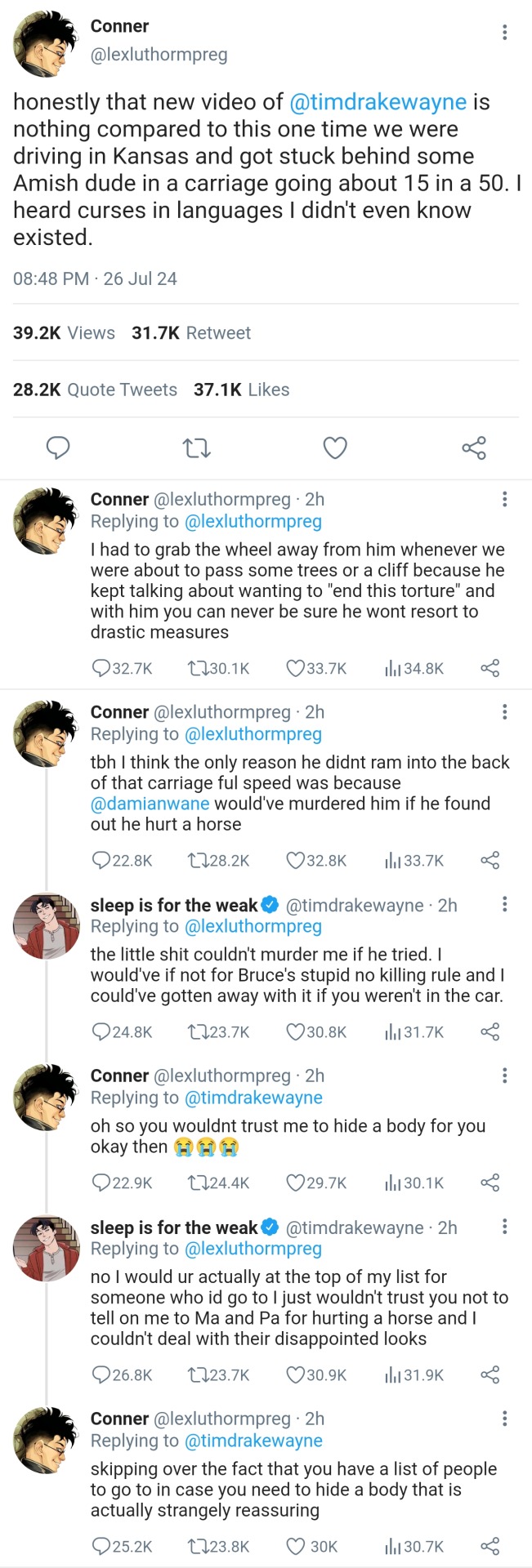

Part 6 is here! A word of advice: stay far, far away from Gotham during rush hour
Prev ~ Beginning ~ Next
#twitter au#tim having road rage is one of my fav headcanons tbh so glad I was able to include it#also I bet that most of u can tell my fav character is Tim lol sry bout that ill start focusing more on the others in the next few updates#jason todd#batfamily twitter au#dc#richard grayson#tim drake#stephanie brown#batfam#damian wayne al ghul#tim drake wayne#damian wayne#damian al ghul#dc comics#duke thomas#social media au#conner kent#kon el kent#kon kent#superboy#kon el#bruce wayne#batman#batman comics#dc batman#dc batfam
3K notes
·
View notes
Text
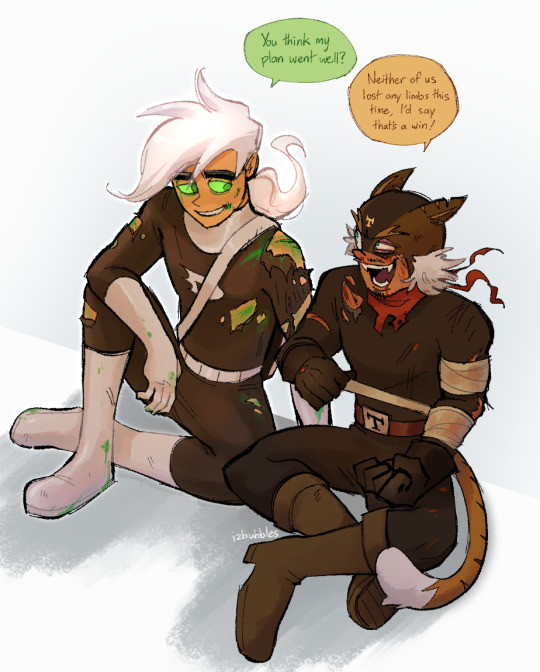

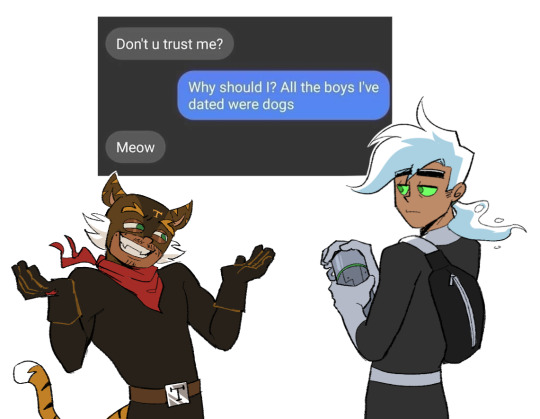
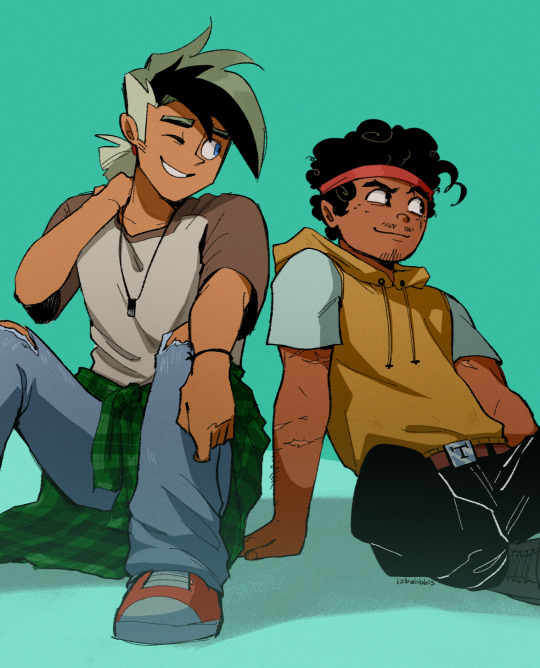
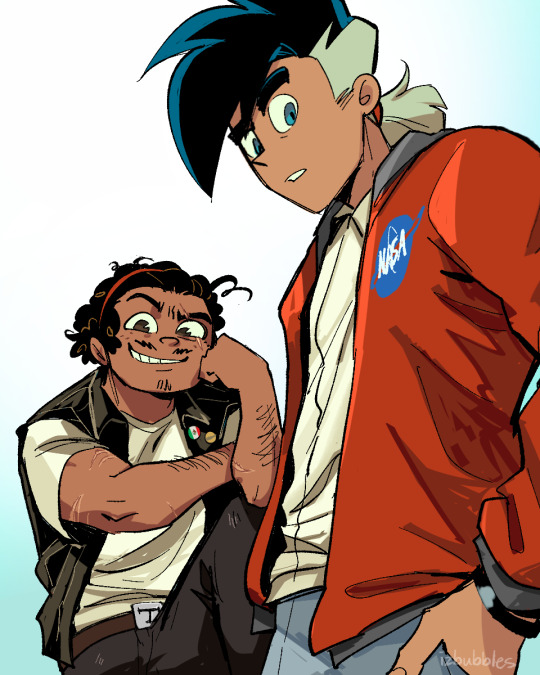
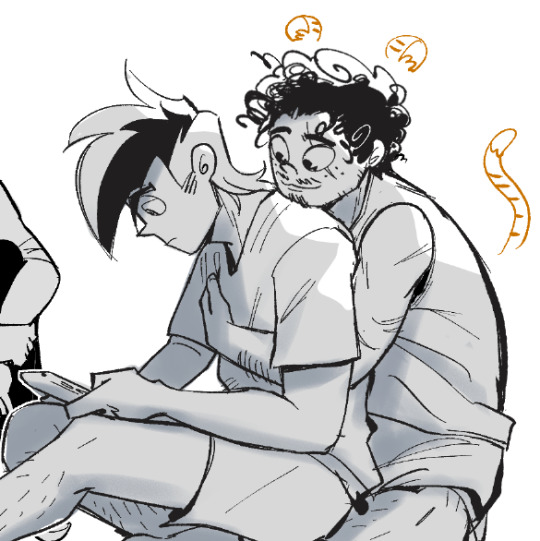
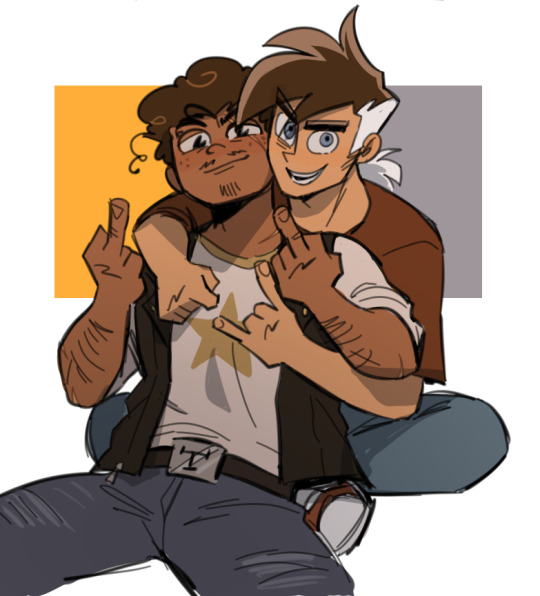
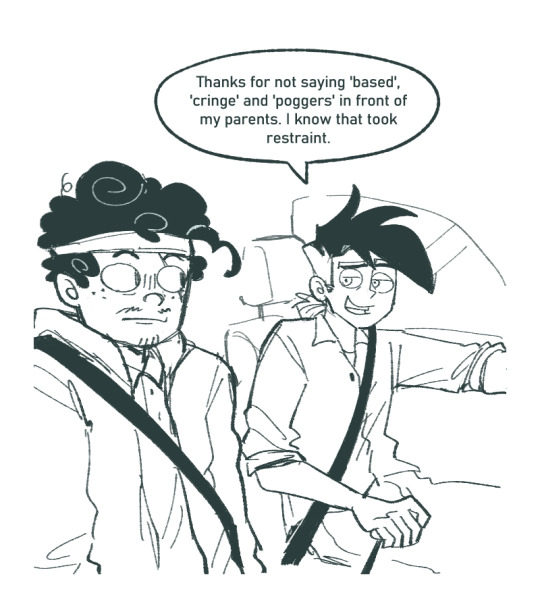
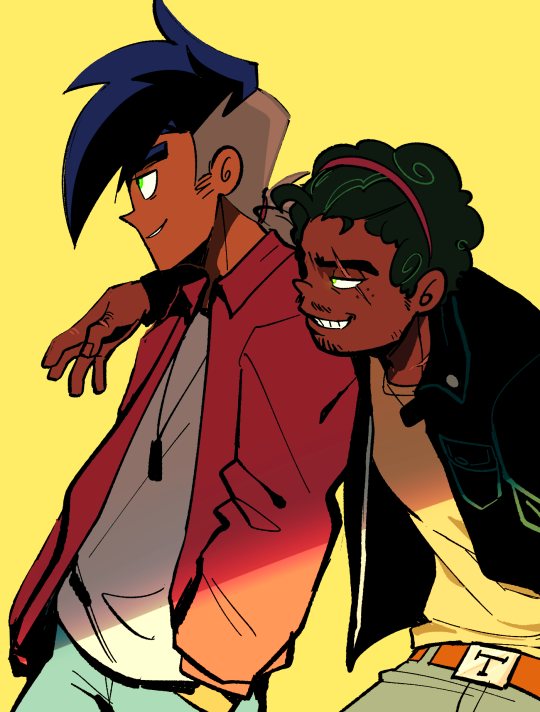
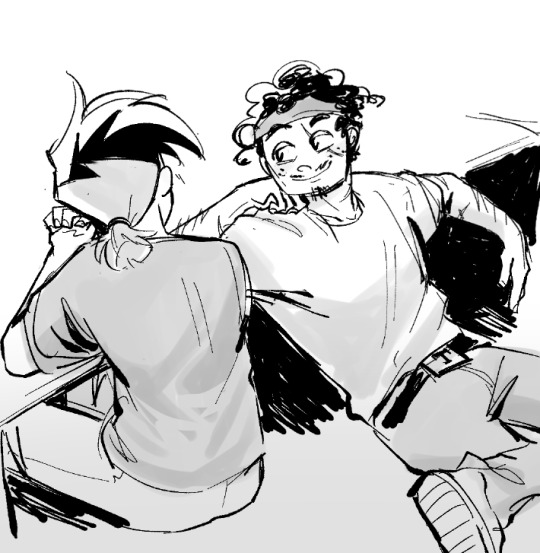
#nicktoons unite#tigerghost#*draws two dudes standing next to eachother* is this ship art#dumping the entirety of my tg doodles in one go lol bye#dewdles
4K notes
·
View notes
Text
Sunday looks right into your eyes… what does he see?

#he sees my triple bags under my eyes LOL#working on dr ratio one next!!#honkai star rail#fanart#fanart hsr#illustration#honkai fanart#hsr fanart#hsr sunday#hsr sunday x reader#sunday honkai star rail#sunday hsr#my art
3K notes
·
View notes
Text
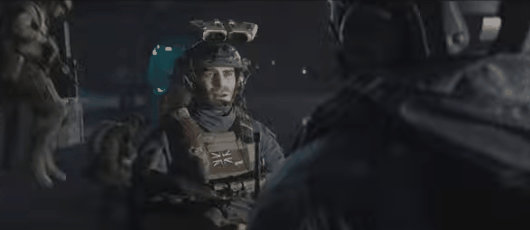
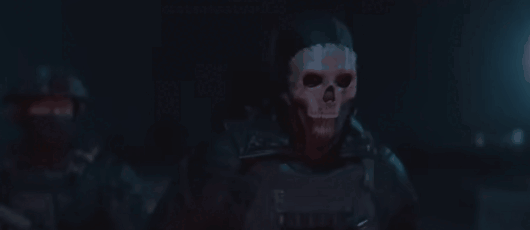

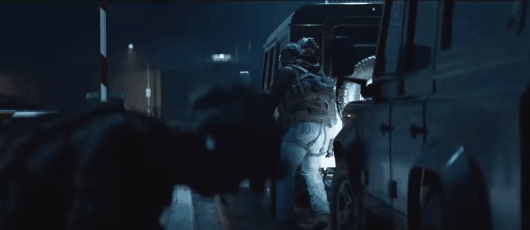
Me lovingly booping you all, 141 style <3
#call of duty#boop o meter#boop#my stuff#my gifs#task force 141#modern warfare#ghost#price#gaz#soap#I'll probably make some old guard ones next lol... give me a few mins#141
4K notes
·
View notes
Text

Kabru has a secret admirer in the castle!
#running from my responsibilities (drawing armour) by imagining post canon Kabru fashion#minor spoilers in the tags!#royal advisor Kabru’s office is probably overflowing with gifts from foreign dignitaries eyeing him up for marriage#and sacks of perfumed letters from Melini citizens#Marcille would be so sick of it#Laios also has his fair share of proposals#Yaad is like … boys spare us all and pick a suitable candidate already#well Yaad there’s a saying that goes two birds one stone#anyway lol#someone might have suggested to Laios ‘hey Kabru works so hard. you should show your appreciation.’#Laios (blushing sweating): uuuh how do i do that#Marcille probably: i hear it’s customary to give your royal advisor flowers the same colour as their beautiful blue eyes#Laios: well if you say so#but he starts having second thoughts bcs what if the gift is too romantic#so then Laios is like oh i know i just won’t sign it (:#fool proof plan Laios good job#totally not taking into account that Kabru can recognize his penmanship at a first glance#so at their next meeting Kabru is like ‘i wonder who my secret admirer in the castle is 😉’#and Laios sweats so hard he falls out of his throne#doesn’t Kabru of Melini have a nice ring to it#better yet …. Kabru Touden#much to consider#dungeon meshi#dungeon meshi spoilers#kabru#kabru of utaya#labru#if you squint#wasabi doodles
3K notes
·
View notes
Text
After about 11 months and 777.5 hours of work I am finally done and I am obsessed with the end result


pattern by @forineffablereasons / @darcylindbergh
stitched on 18ct aida fabric with 2 strands of dmc floss
#jessi does cross stitch#cross stitch#good omens#now I just gotta wash and iron it#and then try my hands at framing#if I ruin it during any of this I am 100% gonna genuinely cry#also I am already like 900 stitches into my next project lol#that next one is a bit smaller at only 90k stitches so it should maybe only take like 8-9 months or sth
2K notes
·
View notes
Text

and somehow, that only makes her fall in love more
#i had a version of this where she was ranting about dead space 2#and one where shes ranting about kid icarus uprising lmao#decided to go for borderlands the pre-sequel instead lol#MLP#my little pony#friendship is magic#twilight sparkle#sunset shimmer#pony posting#sunset sparkle#equestria girls#scitwi#twiset#sciset#shipping#love these girls so much#and their wardrobe rocks#could have done the rant about a lotta thing#lol#lord forgive me the next art might um. similar to the last rarity and applejack one i did last.
4K notes
·
View notes
Text

The Master of Fire.
poster on redbubble
#ninjago#kai smith#my art#ninjago kai#lego ninjago#lego ninjago fanart#ninjago dragons rising#Bois i'm seeing red#ALSO NEW TRAILER YIPEEE#I said i'll post when the season released#BUT NO WAY I'M WAITING FOR OCTOBER BRO#Anyway Kai my beloved#best gi's..... I still think every Dragon rising are just amazing in every regards#season 2 also amazing#fugitive is always one I think I'm going to hate coloring but it ends up fine lol#who is next I wonder#probably will do a poll to decide#but I think either Cole or Jay lmao
2K notes
·
View notes
Text

they licensed his ass
my finished piece of the FWMS (official name definitely 100%) thing we started a few days ago! I had fun I hope folks had and/or continue to have fun with the sketch as well.
#dimension 20#fantasy high#fhsy#riz gukgak#Fuck With My Sketch#I mean it I'm gonna use that. gotta stop me if u dont wanna#doing things like this is bittersweet bc this slaps and I look at this and Im like well. I will never be able to nail this look again#I guess that's the plight of self taught art. but also it means you have to learn to let go and go look for different delights#you can't get too attached to one way of doing things. you will find many new things on ur way to make more funny bictures n such#this slaps tho Im so happy with how this came out lol. its be a long while since I last drew something in this vein#appropriate that its for riz lol he deserves it. he deserves the photoshoot pieces#funny enough this also kind of was prompted by drawfee? in one of the episodes I was binging (I thiiiink the one bg a day ep)#jacob brought up one of the artists I follow on twitter (havent been there in a decent while lol) who uses a pretty distinct#blue-on-red palette that got me to think abt teal-on-red and then this happened#funny enough I did start the piece with teal-on-red but then I shifted to blue after and was like wait I love this suddenly#and then committed lol. I should work with teal-on-red properly more but for now! we have fun! we enjoy#thats my journey thank u for listening. thank u for drawing with me if u have and come hang next time if u havent
1K notes
·
View notes
Text
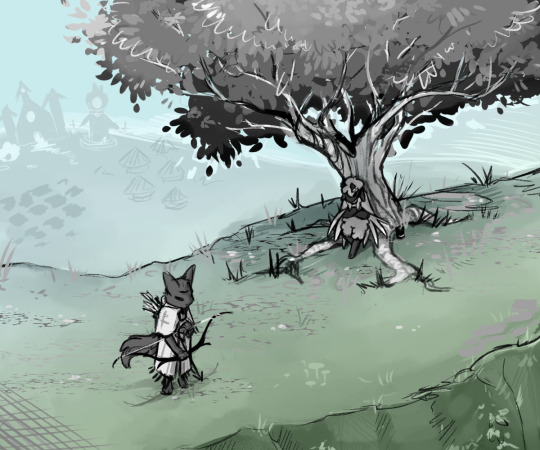




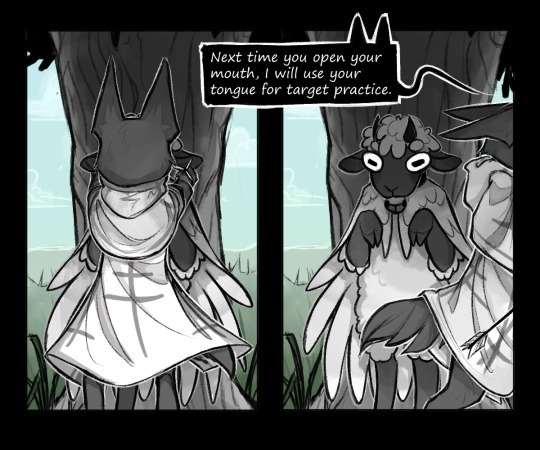
#my shit#narilamb#narinder#cotl lamb#cult of the lamb#special shoutout to that one tree i drew like 5 times lol#lamb falls for him after he threatens them by shooting the space next to their neck bc they're a freak#this is how they flirt actually
2K notes
·
View notes
Text


”So.. somebody forgot to mention it’s their birthday, huh.” 💚💛
#it’s marimo’s bday yay#roronoa zoro#black leg sanji#zosan#one piece#zoro#sanji#anniinart#sketches#lol these were supposed to be a part of a different story but who cares#and the art styles don’t even match hah I’m just enjoying drawing what ever atm#might draw this scene into a comic I had something more angsty in mind#also goddamn maybe I’ll need to use reference next time lmao how do beefy guys work zoro you’re too much for me#dude just keeps getting wider
6K notes
·
View notes
Text
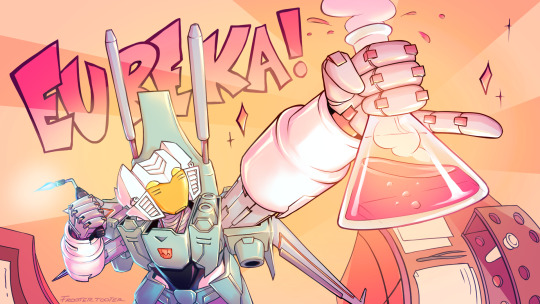
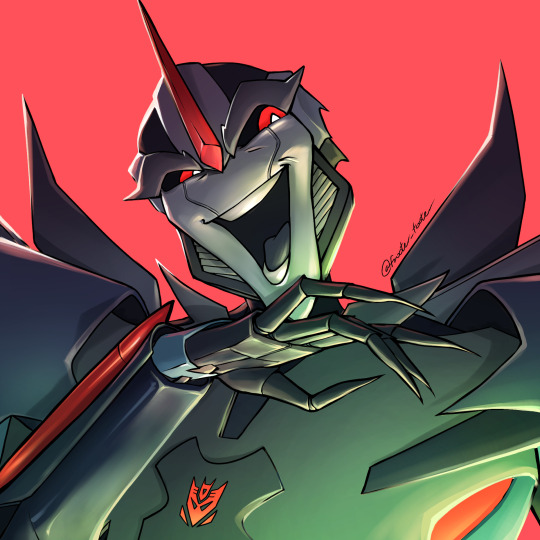
Batch 2 of commissions finished! They were all really fun to do :D Thank you again to those who comm'd me! o)-(
(Technically there were 3, but the third isn't a mech thingy so I'd rather just post the mech ones here)
#btw I might keep the next batch to only b&w lined comms? Or only open 2 slots instead bc this month might get a bit busy for me :'D#fun fact: for the Starscream one I did the lighting for everything with one hand bc my other hand was preoccupied with petting a dog for#2 hours straight- lovely pupper but man can she demand pets ;v;; no regrets tho#transformers#maccadams#maccadam#mtmte#lost light#tfp#transformers prime#brainstorm#tfp starscream#starscream#transformers fanart#finished commission#oh ya finally swapped my signature lol- old one was kinda hard for me to write consistently#frootertooter archive
1K notes
·
View notes
Text
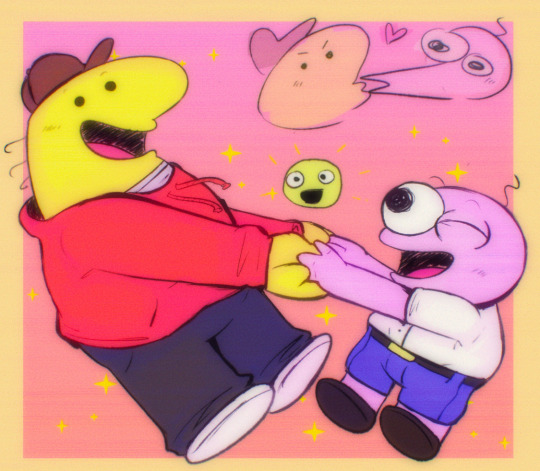
SEASOM TWO HYPEE RAAA
#my tmnt peeplez I promise i will be cooking tmnt art next#ITS ALMOST 12 AM I NEED TO SLEEP NOW#one more sleep until . silly smile show#smiling friends#smiling friends pim#smiling friends charlie#pim pimling#charlie dompler#charpim#LOL#my art#ACCIDENTALLY UPLOADED THE WRONG VERSION PFFT . its fixed now 33
1K notes
·
View notes
Text
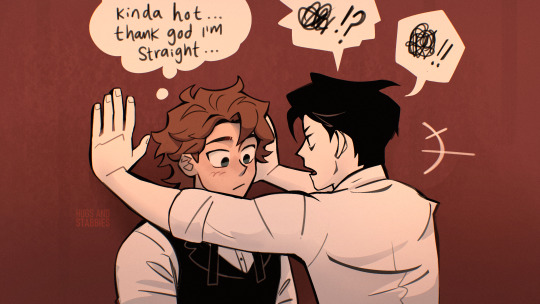
The self-awareness on this guy 😞 someone pls send him an "are you bi?" quiz STAT
#dead plate#rody lamoree#rody x vincent#vincent charbonneau#rodince#rodincent#my art#i saw someone tag one of my drawings with a version of their ship name using their last names and it was nice but i forgot what it was#aksjdhf#also NOO i forgot Rody's lil moles 😭😭😭😭😭😭😭😭😭😭😭#thankfully at least tumblr allows edits#anyways#rody looks so wonky to me but I just wanted to stop fidgeting with it and post it since i wasnt getting anywhere anyways aksjdfh#also little story time lol#when i was in 10th grade there was this girl in my chemisty class that i was kinda frienemies with#we just always got into arguments with each other but the vibe ultimately stayed light and friendly between us#kinda like a <<fuck you but anyways what did you get for no. 5>> kind of situation#one day she slammed one of her hands against the door right next to my head 😳😳#i think she was trying to intimidate me but instead it just gave me a core memory LMAOOO#thankfully by then i already knew i wasnt straight lol but it definitely unlocked something in me hahahah
3K notes
·
View notes